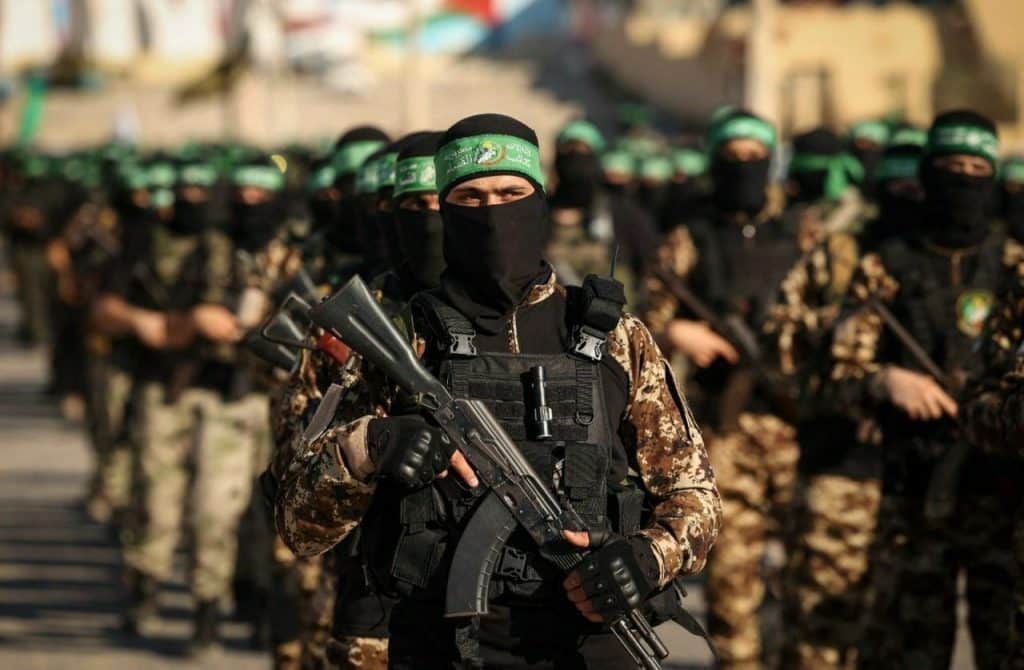Israel did not achieve its strategic goals from the war.
Al Jazeera Network, in a report, assessed the Israeli analytical circles’ assessment of the ceasefire agreement in the Gaza Strip and said: “Despite Tel Aviv’s cautious official welcome, a sense of disappointment has overshadowed Israeli political and military circles because the agreement ended the war without achieving any of its stated goals. According to these circles’ assessments, the real result was that Tel Aviv fought the longest and most violent war in the Gaza Strip, but emerged from it politically weaker and more isolated internationally.”
According to these analysts, the Israeli army achieved limited tactical gains, such as destroying tunnels and weapons caches, but failed to break the organizational or popular structure of the Hamas movement.
According to observers, after successfully enduring and sustaining itself despite the Israeli siege and devastation, Hamas emerged from the war politically stronger and consolidated itself as a force representing the Palestinian people and the resistance.
They also agreed that Tel Aviv lost the international battle because it was faced with a change in global public opinion, with European criticism increasing and public sympathy for the Palestinians reaching levels not seen since the Nakba War in 1948.
In this regard, Eyal Zisser, a researcher of Middle East history at Tel Aviv University, said: What the Palestinian Authority could not achieve in 20 years, Hamas managed to achieve in two years of war. Talk of the so-called two-state solution has returned to the international community’s agenda in earnest.
In an article in the Zionist newspaper Israel Hayom, Zisser added: “These developments limit Israel’s ability to impose a unilateral solution or resume war, as any new escalation of tensions would be seen as destroying a possible political path to the establishment of a Palestinian state.”

